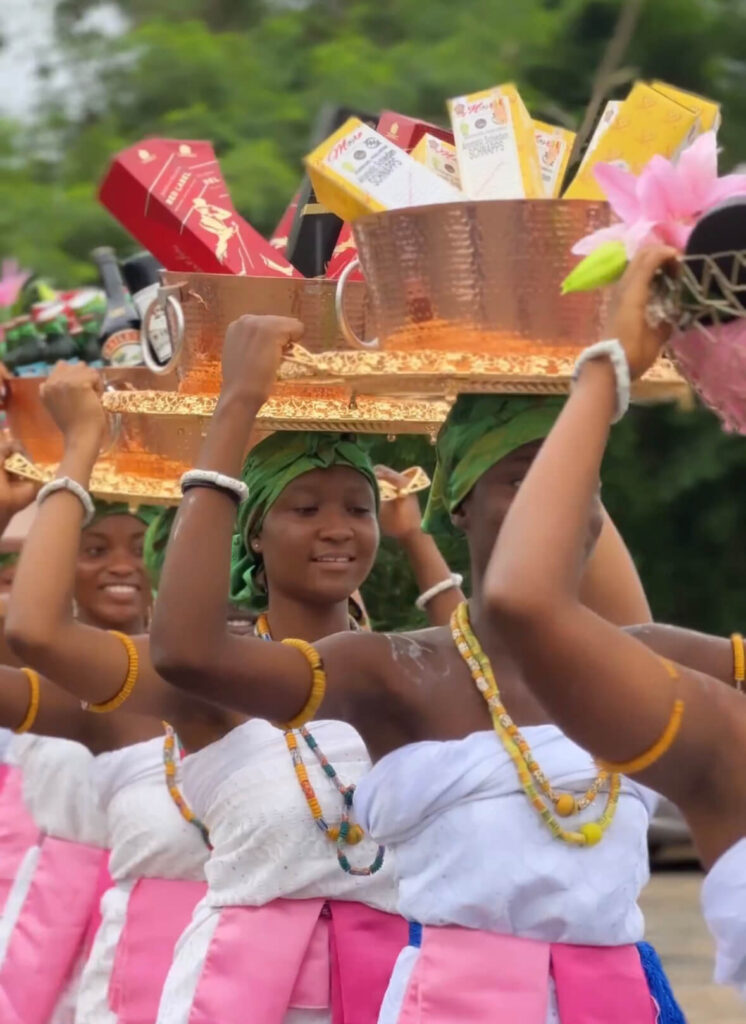
Ghana is renowned for its diverse cultural heritage, and one of the most captivating aspects is its traditional marriage ceremonies. Among the various ethnic groups in the country, the Ewe people have their unique and fascinating approach to weddings.
Just as most marriages in Ghana, the Ewe traditional marriages are not just union ceremonies; they are celebrations of family, community, and heritage. These ceremonies are steeped in history and culture, serving as a reflection of the values, beliefs, and social structure of Ewes. Understanding the significance of these marriages is crucial to appreciating the customs and rituals that accompany them.
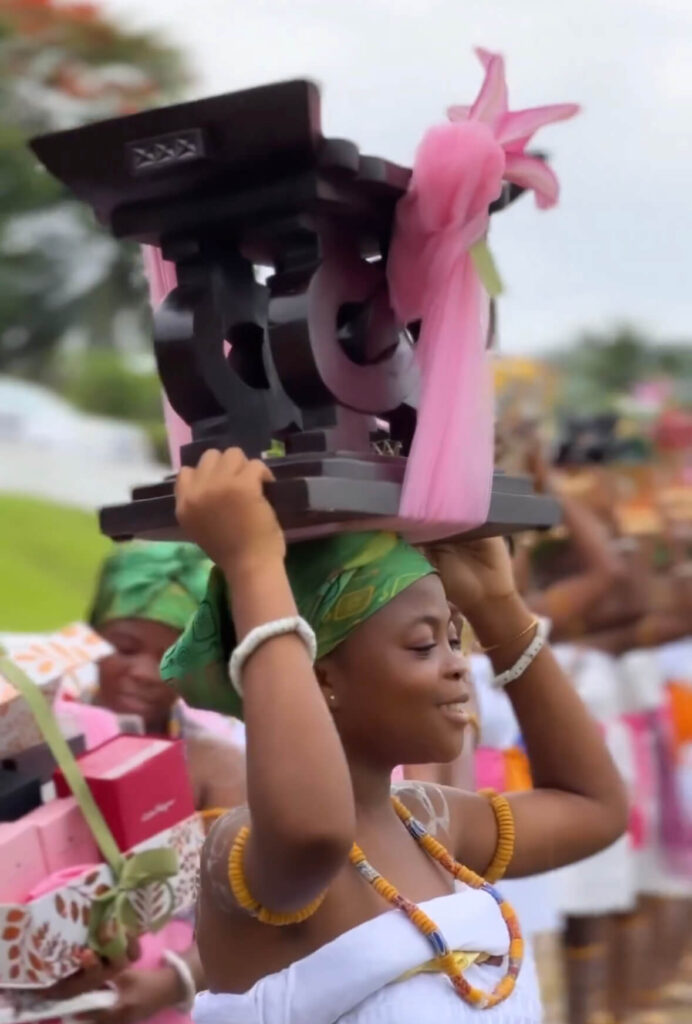
The journey of an Ewe traditional marriage begins with meticulous preparations. Families of the couple play a significant role in ensuring that all arrangements are made for a successful celebration. This includes negotiating the bride price, determining the date and venue, and organizing various aspects of the event. These preparations showcase the importance of family involvement for marriages in Ghana.
A cornerstone of Ewe traditional marriages is the performance of various activities and tasks for the ceremony.
Kele+ highlights the list needed for Ewe traditional marriage ceremonies for families and grooms-to-be who are looking for the Ewe wife.
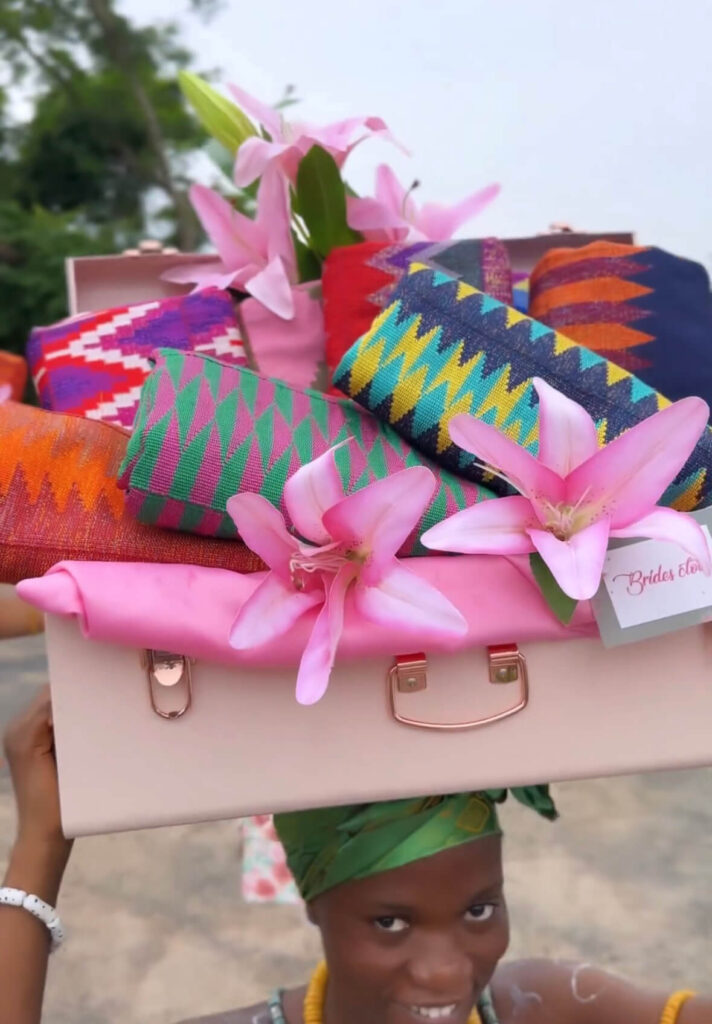
Here are the items on an Ewe traditional marriage list for customary marriage rites.
For Ewe traditional marriages, the items on the list are similar for most families. Despending on the financial capabilities of the groom and bride-to-be, both families may negotiate to take some items off the list or add to the list.
However, some items like the Bible and ring are non-negotiable and will most likey be on the list irrespective of families involved.
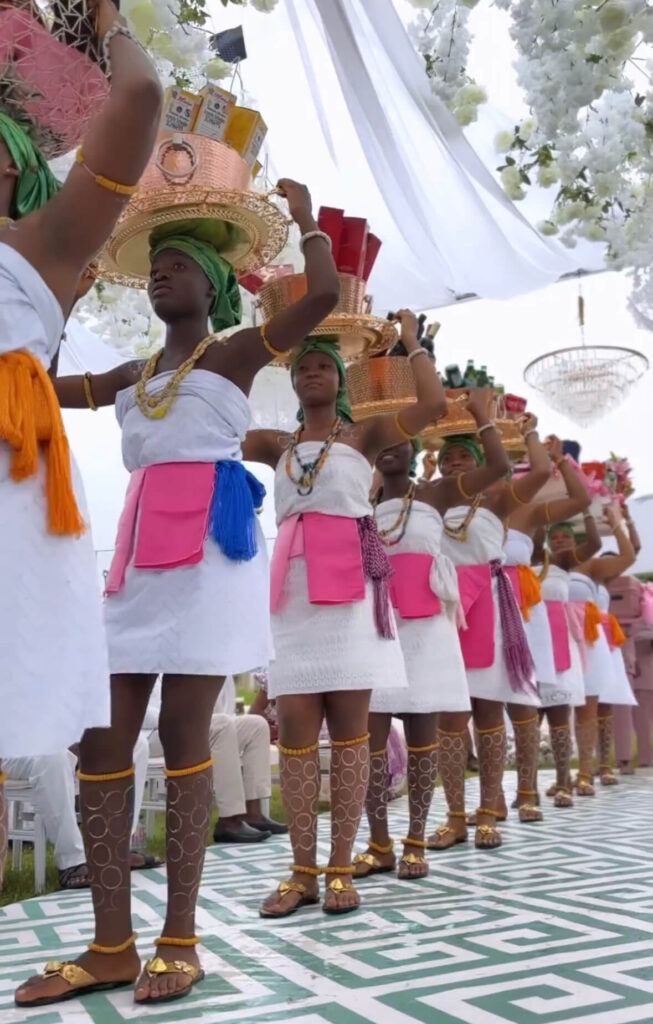
These traditional marriages are incomplete without the pulsating rhythms of drums and the graceful movements of traditional dances. Drumming and dancing are integral components of Ewe culture, and they infuse life and energy into the celebration. Guests are treated to captivating performances that highlight the community's unity and creativity.
Marriage ceremonies and activities evolve over time with the different seasons and times with its complimenting trends. In modern times, Ewe traditional marriages have sometimes evolved to accommodate contemporary elements while preserving their core traditions. Couples often incorporate both traditional customs and modern trends, creating a harmonious blend that resonates with their personal preferences and the changing world around them.
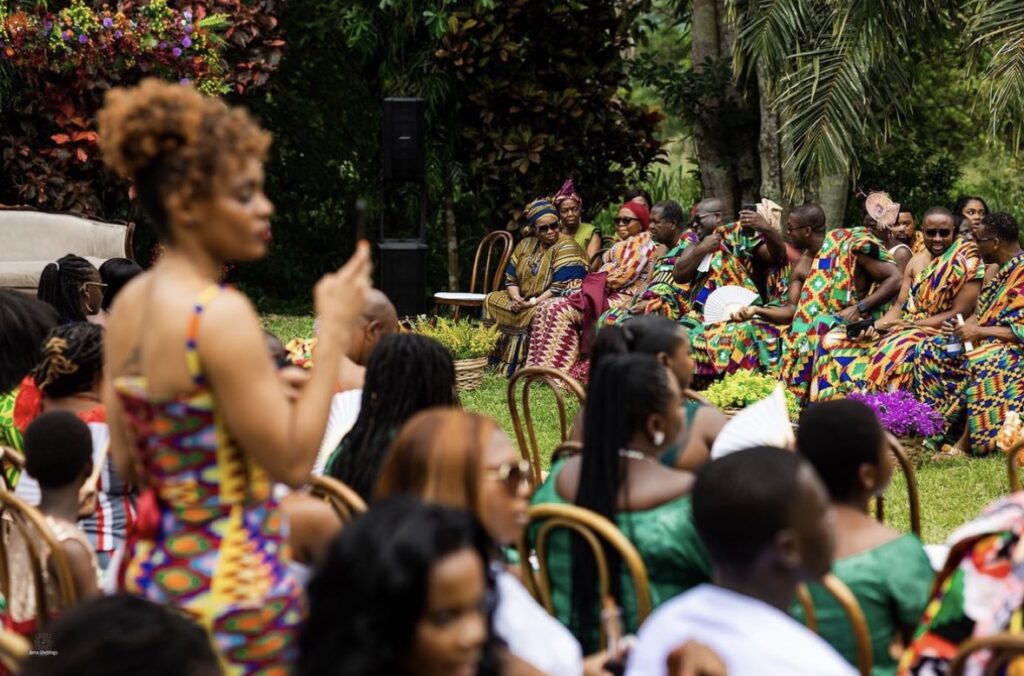
Marriage is a universal institution, but its customs and legalities can vary significantly across different cultures and regions. In Ghana, a country known for its rich cultural diversity, there are three primary types of marriages: customary, civil, and Islamic. Each type reflects distinct traditions, regulations, and ceremonies.
Customary marriage is deeply rooted in Ghanaian culture and is the most prevalent form of marriage in the country. This type of marriage involves adherence to the traditional customs and practices of a particular ethnic group. It is a celebration not only of the union of two individuals but also of their families and communities.
Civil marriage, also known as "official" or "court" marriage, is a legally recognized union under Ghanaian law. It is governed by the Marriage Act, 1884-1985, and serves as a legal contract between two individuals. While it lacks some of the cultural and traditional flair of customary marriages, civil marriage provides legal protection and rights to the couple.
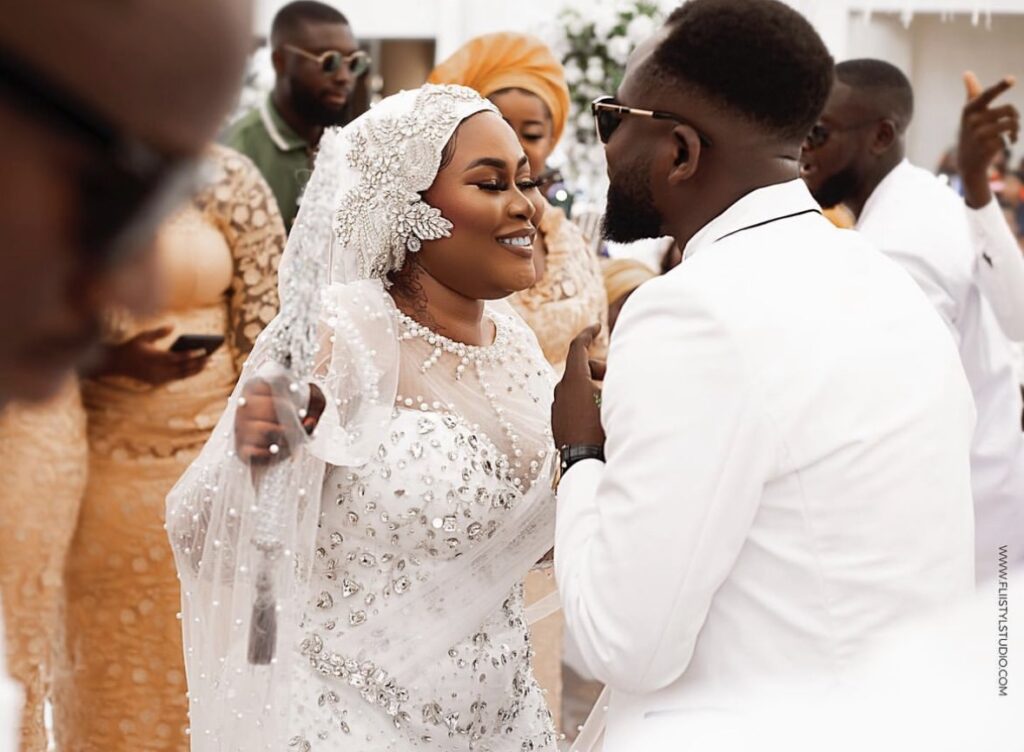
Islamic marriage, also known as "Nikkah," is a religiously significant form of marriage among Ghana's Muslim community. It is guided by Islamic principles and involves the consent of both the bride and groom. Nikkah emphasizes the importance of mutual respect, cooperation, and shared faith within the marriage.